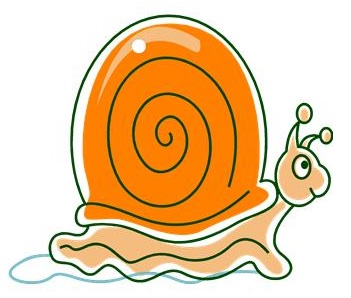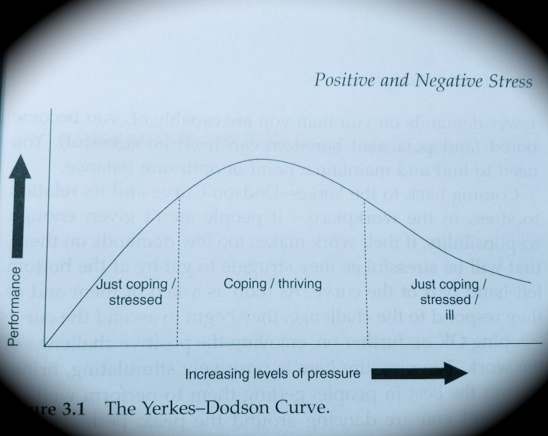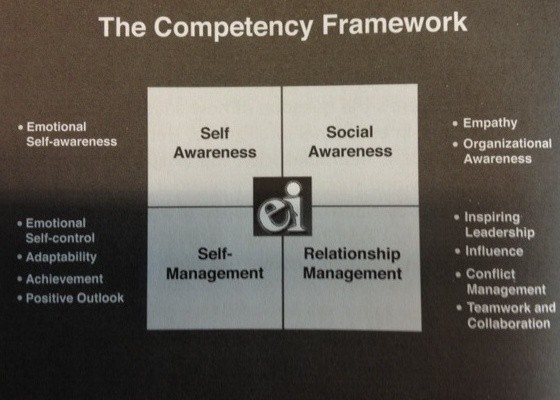 The other day I was searching for a bed time story and just randomly picked a book. The story was entitled something along the lines of ‘Invitation for coffee and cake by the racing snails’. It was about a normal little snail which one day was invited for coffee by the racing snails; the only problem was that the ordinary snail was very slow and enjoyed doing everything slowly. The meeting point with the faster snails on the other hand was far away. Nevertheless, our little snail decided to accept the invitation and to ‘hit the road’ directly in order to arrive on time two days later.
The other day I was searching for a bed time story and just randomly picked a book. The story was entitled something along the lines of ‘Invitation for coffee and cake by the racing snails’. It was about a normal little snail which one day was invited for coffee by the racing snails; the only problem was that the ordinary snail was very slow and enjoyed doing everything slowly. The meeting point with the faster snails on the other hand was far away. Nevertheless, our little snail decided to accept the invitation and to ‘hit the road’ directly in order to arrive on time two days later.
On its way it passed through a field of fresh salad and found that it had never seen such great salad in its life. It hence stopped to eat. Then it was tired and found a perfect place to sleep and so on. At first it thought: “oh no, I am going to be late” but then it simply decided to enjoy the present moment and everything it saw along the way.
In the end it arrived (obviously) too late where it was supposed to be and all the other snails were long gone already. The cake was eaten and the coffee can empty. A little bug walking by wondered why the snail was looking so happy and content although there was nobody left at the party and thus questioned it. The snail simply responded that it did not matter as now it would have all the time it needed to enjoy the journey back and do everything slowly as it was used to.
I must say that I found this story excellent as it is a wonderful metaphor illustrating how much nicer it can be to walk mindfully through your life, enjoying every single moment of it and living here and now, instead of running without noticing what surrounds you, as small as it might be! We should enjoy our journey through life and stop striving for something far away in the future. We have the opportunity to be happy and fulfilled here and now and it is up to us to decide to live our lives that way.
What about you? Are you living the present moment or just passing through your own life?
Have an excellent Sunday!
Jenny









